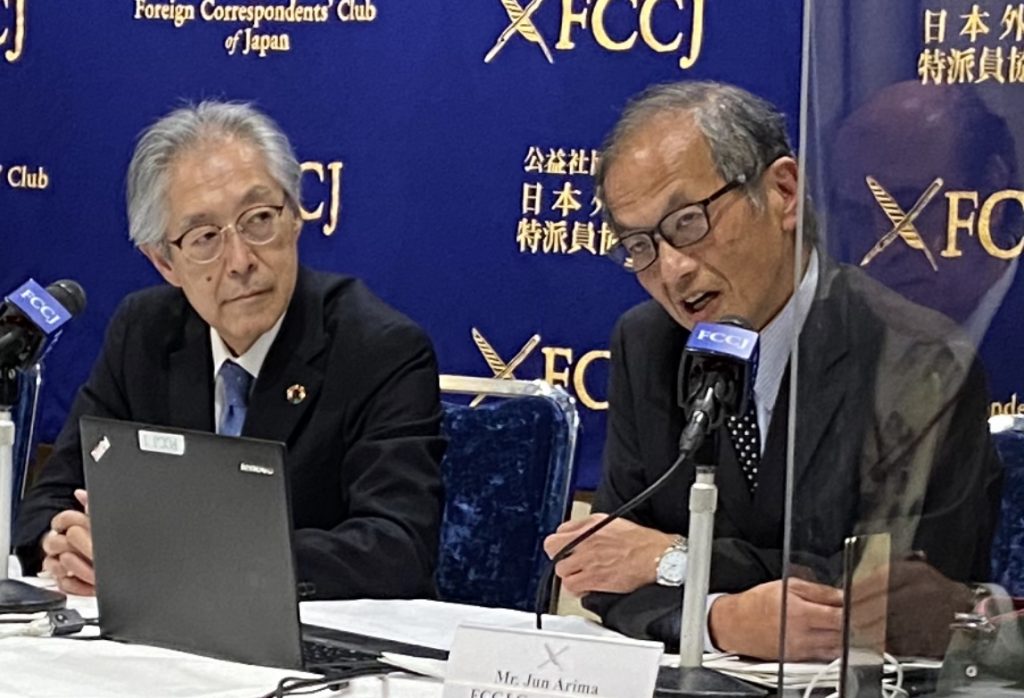
- ARAB NEWS
- 31 Jul 2025

Tom O’Sullivan
TOKYO: Energy former officials and experts expressed concerns about the growing gap between the COP26 outcomes and today’s energy reality in Japan and around the world.
Professor Jun Arima of the Graduate School of Public Policy, Tokyo University, and Hiroyuki Tezuka, a JFE steel industry official, and chairperson of the Global Environment Committee at Keidanren, Japan’s business federation, raised concerns about an energy gap, and the growing costs of the energy transition particularly for Japanese industry and Japanese energy consumers.
Recently, gasoline prices in Japan exceeded Y170 per liter forcing the Japanese prime minister Fumio Kishida to release stocks from Japan’s strategic oil reserves for the first time ever to address the growing price hike. Gasoline prices, however, have since fallen due mainly to the worsening pandemic situation. Meanwhile, electricity prices in Japan have recently hit all-time highs on the Japan Electric Power Exchange (JEPX) mainly due to higher natural gas prices around the world caused by lower Russian exports to Europe, and a growing demand for natural gas in China.
Japan has committed to reduce CO2 emissions by 46% by 2030 and to become carbon neutral by 2050. This will require a 7% reduction in emissions every year until 2030. That decision was taken by former Prime Minister SUGA Yoshihide who had two members of his cabinet who felt very strongly about decarbonization, KONO Taro, and KOIZUMI Shinjiro. However, Japan relies on oil and natural gas to meet almost 90% of its primary energy needs. Japan also refused to sign a COP26 declaration banning investment in new overseas fossil fuel exploration projects.
Prime Minister Kishida also dropped Kono and Koizumi from his cabinet following his general election victory on October 31st.
Arima thinks that it may be extremely challenging for India and China to meet their decarbonization timetables of 2070 and 2060 respectively due partly to their reliance on coal.
Tezuka believes that Japan already has the highest solar density per square km in the world and that further solar penetration in Japan will be difficult. Industrial electricity costs in Japan are already twice as expensive as Korea and China and three times as expensive as the U.S. and Canada. Further energy costs increases for industrial Japan could negatively impact Japan’s industrial competitiveness.
Both Arima and Tezuka believe that the restart of nuclear power plants in Japan will need to be accelerated and the lives of the plants will need to be extended up to 60 years, and maybe beyond that. Construction of new nuclear plants should also be considered in Japan.
Over reliance on China for new energy technologies such as solar panels, windmills, minerals, and batteries also creates economic and geopolitical risks that may be unacceptable in Japan.
Japan will submit new national determined contributions when the next COP meets in Egypt next year and 2022 is likely to be another volatile year for Japan’s energy complex and regulators.